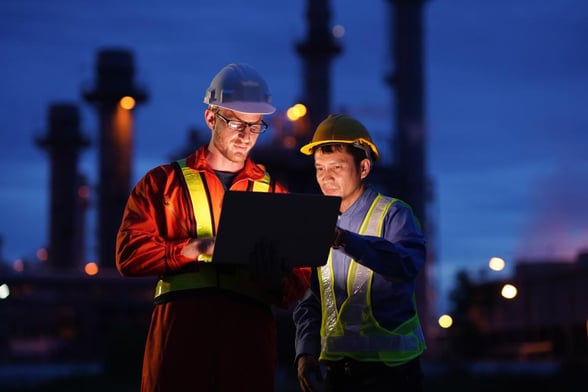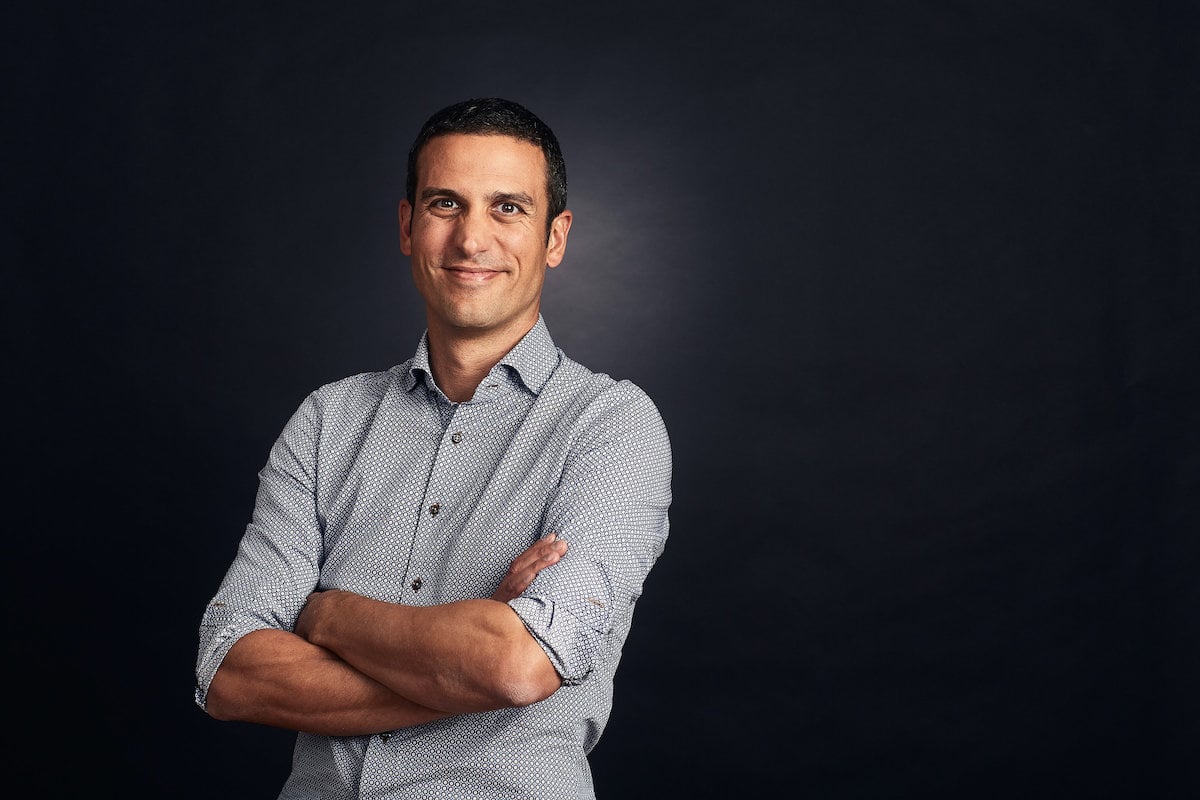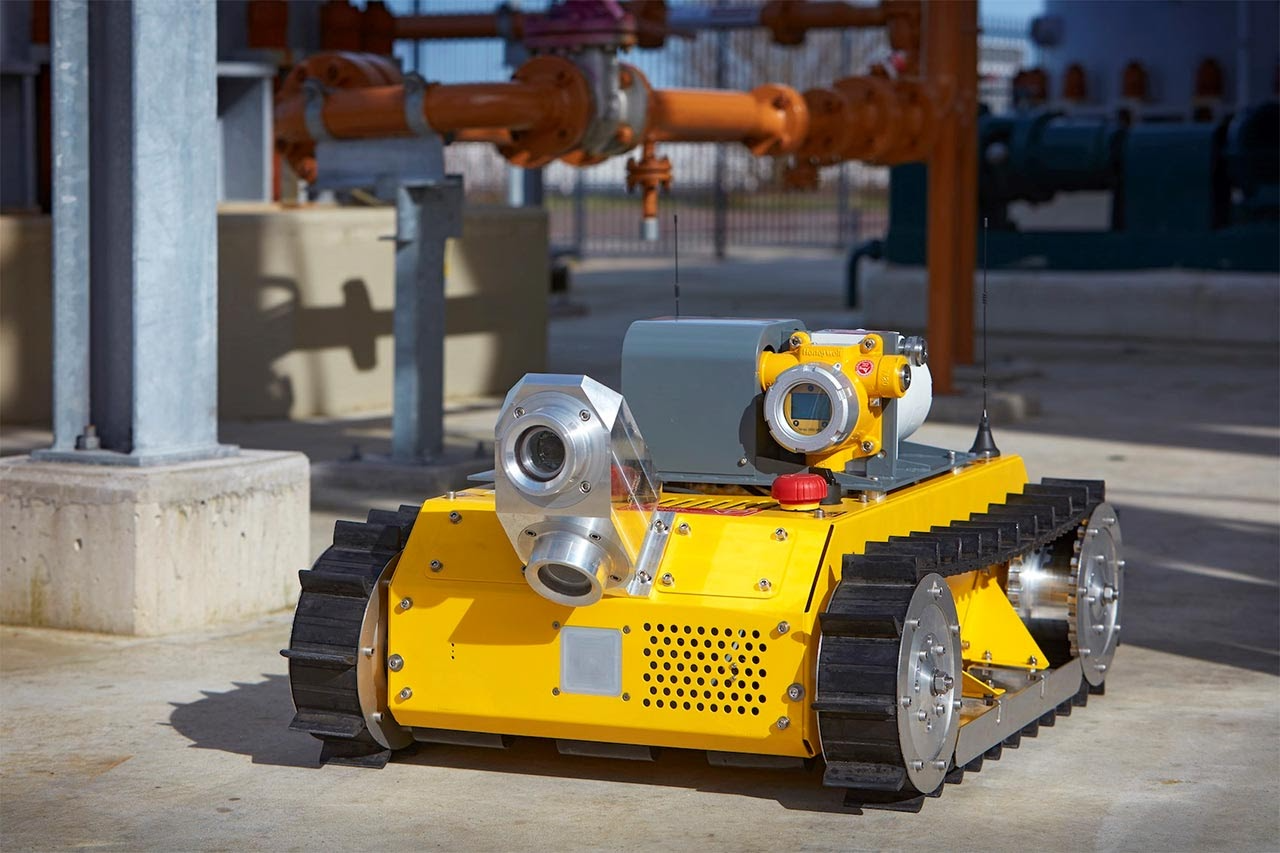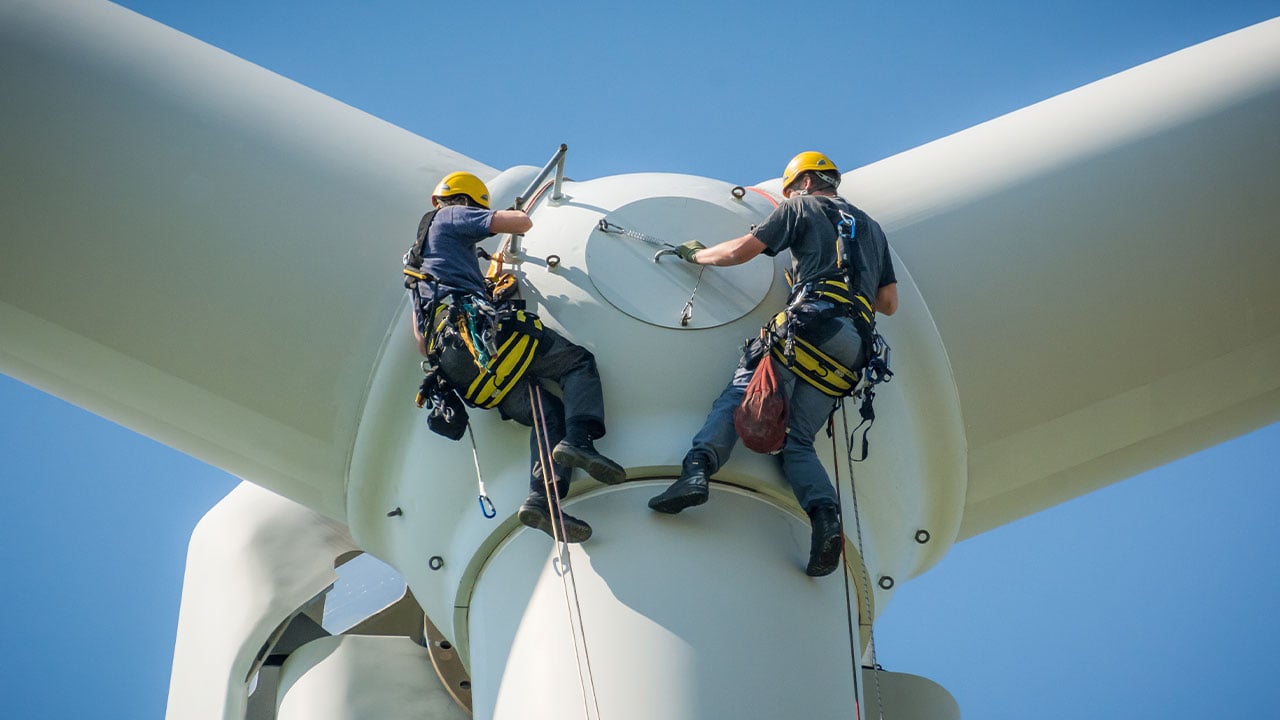
This article was originally published in Forbes Technology Council
Dr. Francois Laborie is President of Cognite, supporting the full-scale digital transformation of asset-heavy industries in North America.

One of our clients in the oil industry recently shared with us that when working in an old industry, making big changes is about more than technology. It’s about the entire organization, especially the people. As the president of a digital transformation company, this is a sentiment I’ve heard echoed by many in the energy industry. You can have the greatest technology in the world, but nothing will change unless the people are behind it.
Asset-intensive industries have been put on the fast-track for reinvention, propelled in no small part by the increased pressure to reach net-zero emissions and to secure an eventual place in a digital, renewables-powered future. It’s a vision that won’t come to fruition unless they meet challenges head-on to re-skill or upskill an existing workforce and reposition themselves as attractive to aspiring digital talents.
The industry faces an uphill battle, particularly in convincing people to join its transformation journey. According to a 2017 survey, 62% of participants between the ages of 16 and 19 (members of Generation Z) consider a career in oil and gas unappealing. Two out of three of these teens believe that heavy industry causes more problems than it solves. For many, the coronavirus-induced downsizing and diminishing oil price this past year are considered prescient signs about what a future in the energy business entails.
These statistics tell me that we have failed to communicate both the massive transformation that the industry is undergoing and the new opportunities that are arising as a result. I urge industry leaders to ask themselves: What are we doing to ensure that the pace of change doesn’t outpace our workforce?

Are you creating a common understanding of your transformation while building competence among the workforce?
As sensors, automation and other new technology continue to saturate the workplace, workers will need to adapt and embrace change. But it can be difficult to change behavior or collaborate with new groups of people if you don’t understand the “why” behind it.

Another client of ours has asserted that to meet new challenges, a company must empower its workforce to leverage new technology, processes and operational models. In her view, the business must approach the transformation as a learning process for the entire company, not just a select few.
Doing this successfully requires training programs and consistent communication on the changes at play. The technology must be scaled to all corners of the organization so that people see their role in the bigger transformation picture. And the use of data can’t be confined to the analytics team alone, but rather collected and shared in a way in which everyone can access and benefit.
Are you doing enough to attract the next generation of talent to the industry?
Oil and gas continue to represent a major portion of the global economy, and the exploration and production sector alone employs around four million people worldwide. To fill the world’s current and future demand for energy, companies will continue to rely on talented domain experts and engineers, especially those with digital competence, to keep the engines running.

The success of any digitalization program in the industry comes down to the ability of the domain experts to design and operate digital solutions. They must be fluent in technology to tackle new tasks, such as operating robots and creating algorithms to complete repetitive work. We are already seeing how automation systems have improved the quality of production, freeing up engineers to focus on edge cases and other innovative endeavors.
Make no mistake, there is a competence shift underfoot. This shift doesn’t erase the need for domain experts and engineers, but it does mean that energy companies must explore candidate profiles beyond their usual suspects. Developers, data analysts and other tech-savvy individuals are in demand in this transformation age.
Are you taking steps to ensure that a generational shift in the workforce doesn’t result in lost, valuable knowledge?
The workforce that has ridden the energy wave for the past 30 to 40 years is getting ready to retire. And with it goes a wealth of knowledge and experience that is almost irreplaceable. These are experts who have honed their skills over the course of a career, accumulating a set of problem-solving skills that incorporate sound interpretation and equipment knowledge.

Energy companies must take a user-centric approach to capturing this knowledge — using a recipe of data analytics, good old-fashioned interviews and an iterative design process — to put these senior team members and their replacements at the core of the innovation and modeling process. I urge companies to be wary of simply letting this experience float away on a pension plan. Time is of the essence when it comes to capturing and labeling the data today in order to train the expert systems that will support the energy workers of tomorrow.
The digitalization of the energy industry is only as good as the people behind it.
Digitalization has long been lauded as the way forward for the industry. It’s the means of survival to optimize existing operations to reduce emissions and create efficiencies that benefit the bottom line, while still supplying a steady stream of energy to supply a hungry world. It requires a workforce that is future-ready — one that embraces technology while still understanding the mechanisms behind legacy operations. Joining this journey is a chance to tackle one of the biggest challenges of our generation: to reshape a high-emissions industry into a zero-emissions industry. Just imagine the potential if we put the right talent to the task.